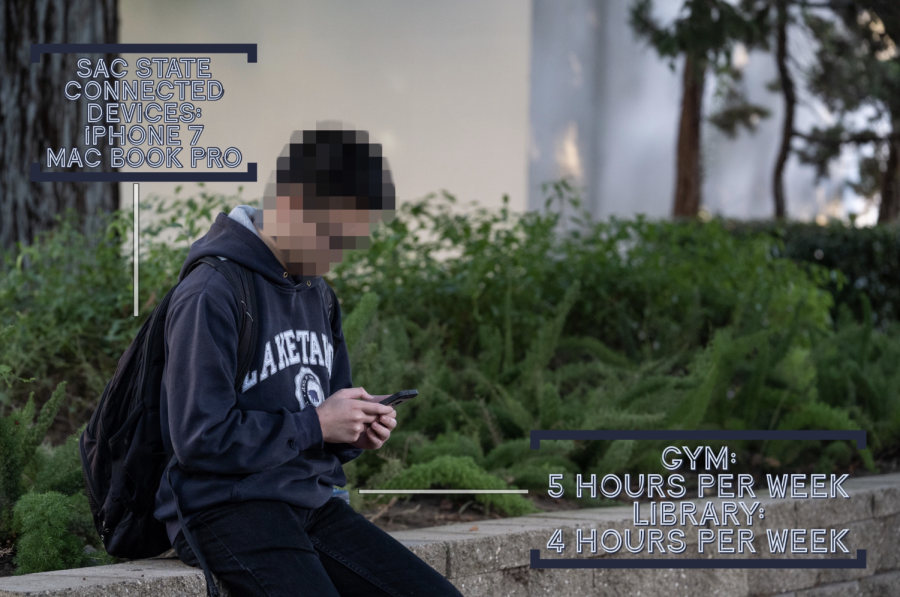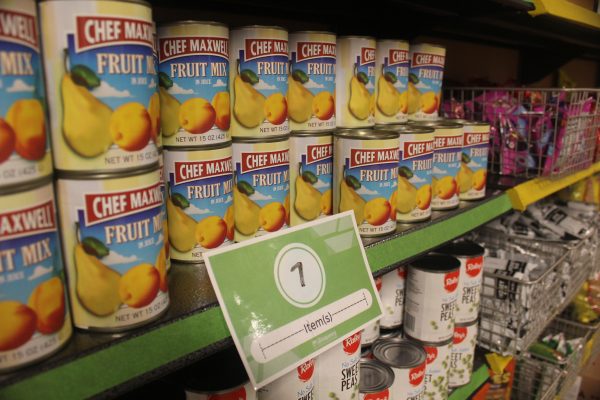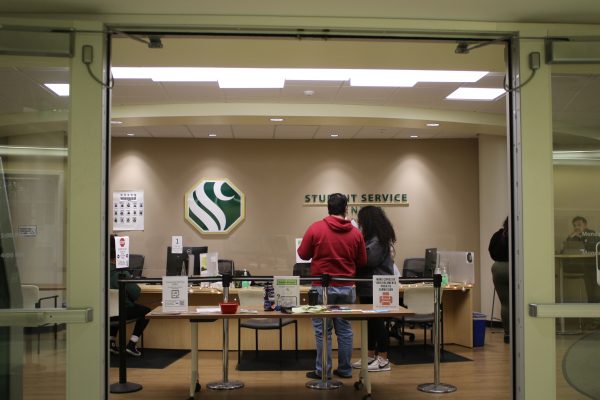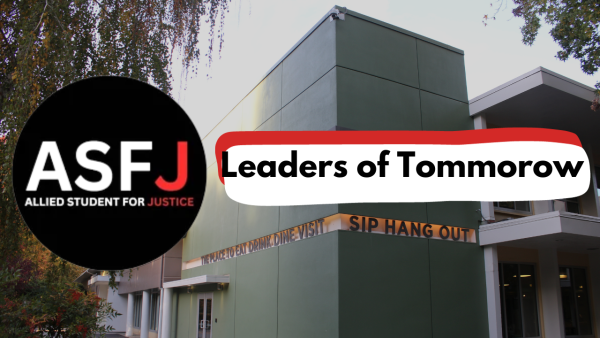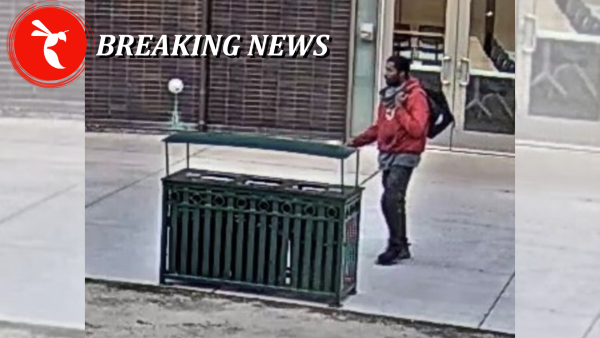Sac State to pilot new form of data collection on students
Degree Analytics says they want to improve retention rates through data
Photo illustration
Sacramento State will be the pilot California State University to use a new form of data collection on its students.
Degree Analytics operates through students’ devices that are connected to the school’s wifi in order to track how much time a given student spends in spaces on campus, like the library, the gym or in class.
Jim Dragna, director of University Initiatives and Student Success, said the program will only be offered to freshmen this semester and will be implemented this month. Freshmen students will be receiving an email asking them to opt-in to the pilot program this week.
Sac State’s data will be de-identified, according to Degree Analytics founder and CEO Aaron Benz.
“One of the important things to know about what we are doing at Sac State is it’s all de-identified, so we actually don’t even know who any of the students are,” Benz said. “The cases we are looking at are for holistic facility utilization. Like understanding, ‘Do freshman use the library?’”
Benz said that the company wants to collect student data in order to improve retention rates at colleges.
“You’re paying tuition dollars to go to school. We’re helping the university do everything they can to help make sure (students) do graduate,” Benz said. “So that (students) are not just spending money and dropping out.”
Jacob Haskell-Mendoza, a freshman communication studies major, also saw the value in giving the school access to student data.
“We’re investing our money into the school so I feel like this would be a good organization to opt into,” Haskell-Mendoza said. “In terms of private organizations, social media, probably not as much because they’re just trying to sell you stuff but we’re already here buying into (Sac State) so you might as well buy into the data collecting.”
Degree Analytics offers three services to universities: attendance tracking, EnGauge — a form of personalized data collection that identifies students at risk of dropping out based on their behavior — and research, which collects unidentified student data to later identify the demographics that are less likely to remain in college.
Sac State will participate in the research program.
Degree Analytics is a “predictive analytics thing,” according to Benz. The data allows the company to “paint a worldview” of students.
Benz said that the dropout rates and the student debt crisis go beyond the traditionally at-risk students, those that are first generation and low income. Instead, it could include any student who is having difficulty adjusting to a new circumstance or someone struggling with a mental health issue.
Tracking if a student isn’t going to class or hasn’t left their dorm room are much more accurate pieces of information than the traditional statistical factors that cause schools to see someone as “at risk,” Benz said.
Tracking individuals that closely could lead to interventions to help those students get back on track.
This type of personalized tracking is not what students will be opting into at Sac State, Benz said.
Degree Analytics strives to be transparent with how they collect data, according to Benz. He said that the company demands that universities alert students and give them an opportunity to opt-out of the program.
In Sac State’s case, the school has decided to only allow students to participate in the program if they opt-in. Dragna said that Associated Students, Inc., the Faculty Senate and focus groups “would prefer that the student(s) themselves have the choice” on whether or not they offer up their data.
Story continues below video.
Hemant Bhargava, the program chair of the Masters of Science in Business Analytics at the UC Davis Graduate School of Management said that the agreement between Degree Analytics seems to be “very respectful.”
“They seem to be doing the right thing by having an opt-in and not individualizing the data,” Bhargava said.
Data collection is nothing new on college campuses. Personal data is kept on students with every online class, when logging into a school computer and through their student portals.
What makes Degree Analytics different is that they can use location data when a student has a device connected to the school’s wifi. This allows for the school to track where students are spending their time with the intended purpose of improving the student experience.
“I live on campus, we’re in the residence halls over there and sometimes it’s a pain to get to the library so we just use the study rooms in our dorm instead of making the trip to the WELL or the library or the union,” Haskell-Mendoza said. “It’s kind of disconnected and as first-year students I feel like a lot of us don’t really want to explore yet, we’re scared because all the upperclassman are chillin’ in the library.”
This type of anecdotal evidence is what Degree Analytics hopes to prove with large aggregations of data. Collecting that data ultimately comes down to whether students are comfortable with being tracked or not.
“I think data collection is interesting. I would be down to do it,” said Renay Sharma, a freshman computer engineering major.
Sharma also said that it sounds like the way the data will be collected will have a minimal impact on students.
“I don’t see it as a negative thing, I don’t think it would affect the students that much personally, in school or anything,” Sharma said. “I think it’s just something for the school to collect to gain new data so I don’t think it would affect anyone individually or specifically.”
Other students are a little more skeptical of the prospect of being tracked on campus.
“It kind of sounds creepy a little bit, especially when it’s just targeting the freshman,” said Alisa Snow, a freshman journalism major. “They already might be feeling a little overwhelmed and then you’re tracking their data and it adds on that pressure.”
Either way, Sac State will soon have a lot more data on how their students interact with the university facilities and services.
Your donation will support the student journalists of Sacramento State University. Your contribution will allow us to purchase equipment and cover our annual website hosting costs.

 |  |


























































































































